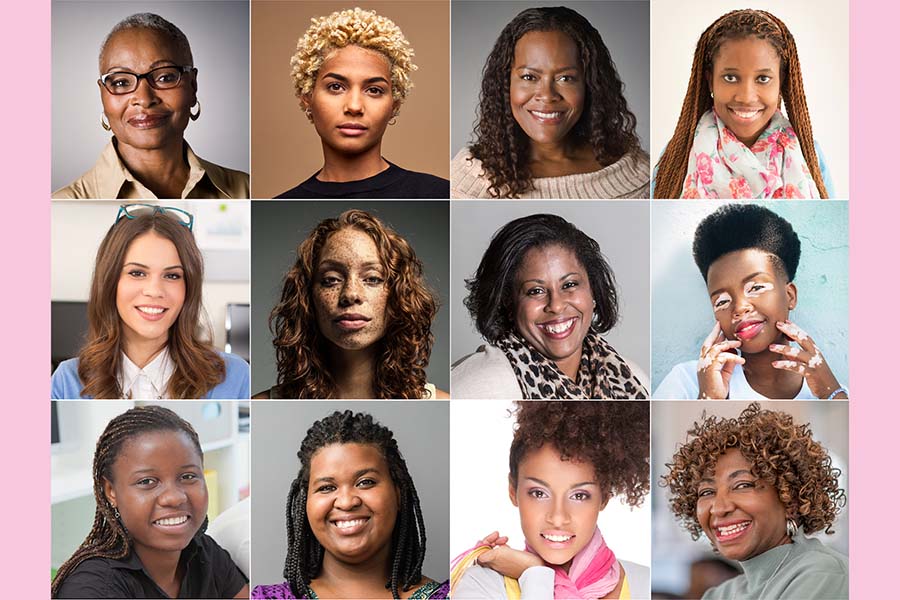Heart of the Problem

Black women have a lower incidence of breast cancer than white women, but across the country, more Black women die from the disease, according to the American Cancer Society. This paradox shines light on racial inequities in health care and suggests that factors such as lifestyle and socioeconomic status might affect mortality rates. But making progress to rectify this inequality—and save Black women’s lives—requires getting to the heart of the problem.
That’s the thesis behind VOICES of Black Women, a study led by ACS that tracks the behavioral, environmental and lived experiences of its participants to better understand cancer and other health conditions among Black women. The study will follow participants, who are currently cancer-free, over a period of 30 years, checking in with surveys every six months to observe changes in their health. The purpose of that long-term investment is to locate any patterns in the development of cancer or other health issues.
“We’re able to follow the population to be able to understand what factors are related to improved outcomes after a diagnosis,” says Dr. Alpa Patel, one of the study’s two principal co-investigators. The large span of time helps researchers form a perspective on a woman’s health at different points. It also allows for adaptability. For example, as the use of weight-loss drugs has risen, VOICES now tracks their use in their surveys.
Along with that adaptability, VOICES takes a multidimensional approach, one that asks questions not only about a woman’s health profile, but also the background factors that shape that profile. Those questions consider factors like environment, experiences with racism and colorism, and social support networks, which can determine a woman’s physical health, diet, weight, care access and mental health. According to Dr. Lauren McCullough, a principal co-investigator, that’s one reason why VOICES is a once-in-a-lifetime opportunity.
“As I see and talk to Black women in the study, one of the things I try to tell them is that we want them to feel seen and we want them to feel heard … By having this data, we can speak more granularly to the types of things that affect Black women,” McCullough says.
Researchers hope they’ll be able to use that data to inform Black women’s cancer care and create better outcomes for future generations. A future-focus is what inspired Plyshette Wiggins, a study participant and ambassador, to become involved with VOICES. “As cliché as it is to say, be the change you want to see,” says Wiggins. “Hopefully my daughters and their daughters will have a higher chance of surviving cancer.”
With an eye on the future, VOICES also makes an active difference today—enabling women to check in about their health at regular intervals, which can make them more comfortable self-advocating. “It’s important to advocate for yourself and have people who are in your corner,” explains Kimberly S. Reed, a breast cancer survivor and an ambassador for VOICES. That advocacy is at the heart of the study. For more information, including on joining the study, visit voices.cancer.org.
This is a paid partnership between Think Pink and Philadelphia Magazine

